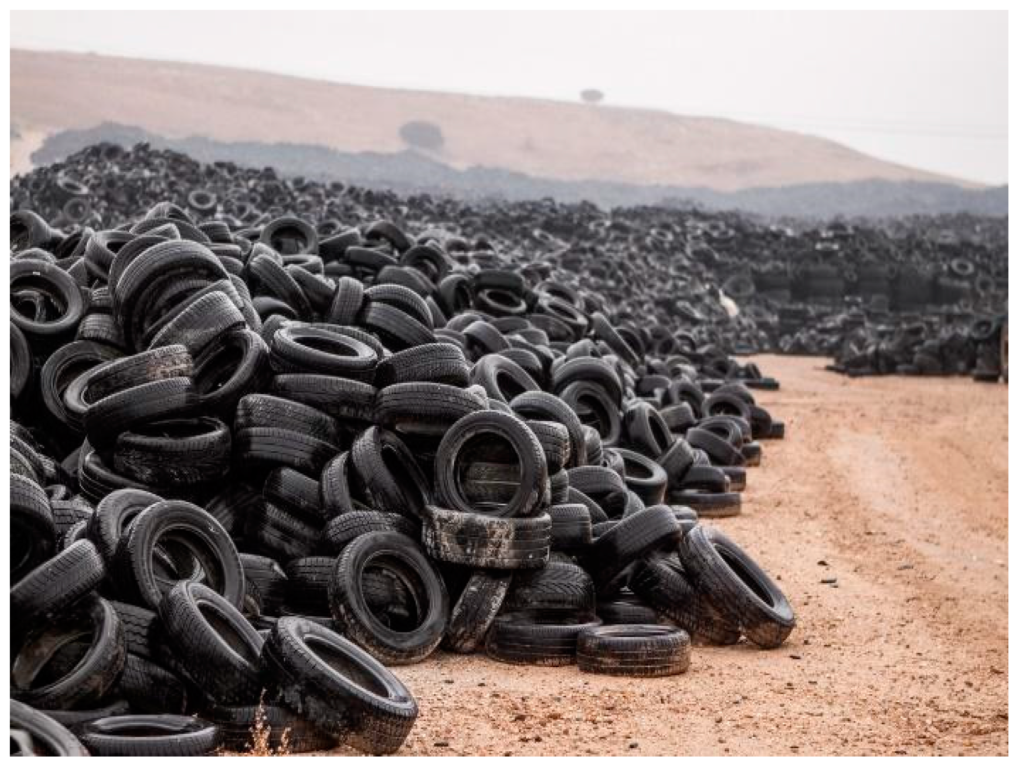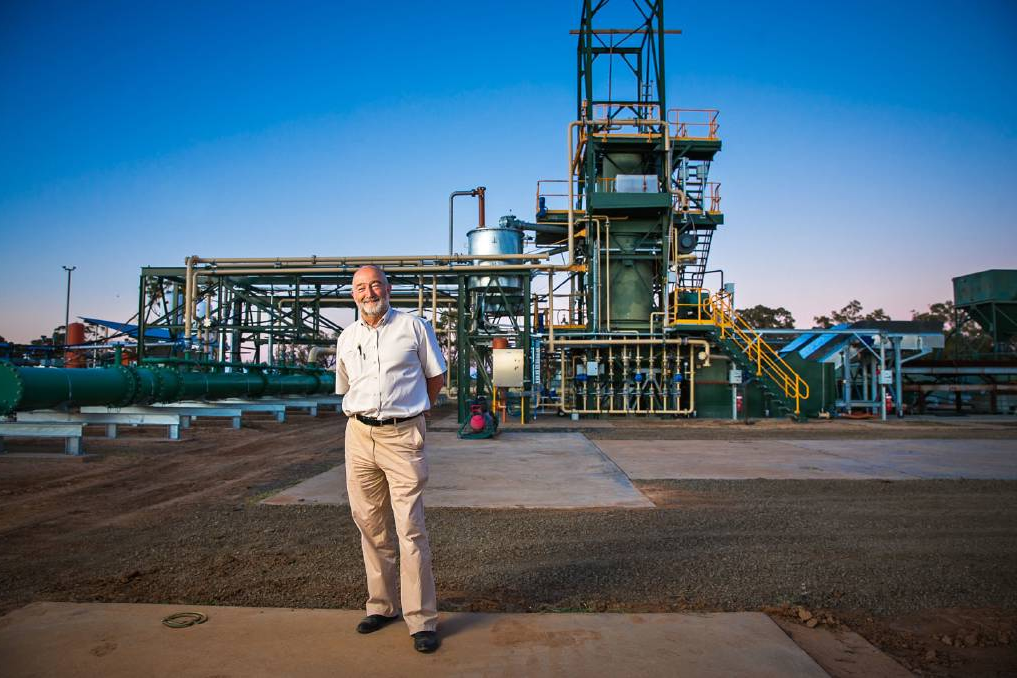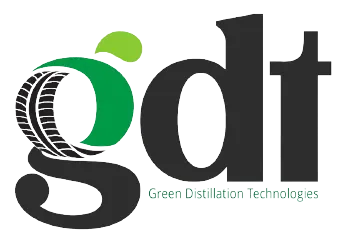By GDT Co-CEO Trevor Bayley

A recent BBC investigation into the hazardous processing of millions of tonnes of UK tyre waste in India has highlighted the fact that the world is still grappling with the mounting problem of end-of-life tyres (ELT).
While the news report did a good job exposing ongoing unscrupulous practices, unfortunately the BBC report was inaccurate when it painted pyrolysis as the culprit.
Pyrolysis is a thermochemical process that involves heating scrap tyres at high temperatures in oxygen-free environments to break them down into their core components: carbon, oil and steel.
In India — and several other countries that, for now, continue to accept the world’s tyre waste — the problem isn’t pyrolysis itself. It’s a lack of environmental and regulatory guardrails to ensure pyrolysis is carried out responsibly. The BBC lifted the lid on makeshift, illegal pyrolysis plants in India that are a far cry from how this technology should be and is being deployed.
India is now moving to ban the import of scrap tyres, joining a growing global ethos that countries need to take care of their waste in their own backyards.

Here in Australia, pyrolysis is used in a number of waste management processes, including plastics, and is executed with expertise and engineering that ensures emissions are kept below EPA targets. It is important that any potential toxic materials are particularly well managed and that is the case with the GDT Destructive Distillation process. It is, in fact, the lowest-emission and most circular solution we have to tackle Australia’s existing ELT stockpiles and our roughly 55 million EPU (Equivalent Passenger Units) that reach end of life each year.
At GDT, we have invested in proprietary destructive distillation technology that involves the thermal decomposition of whole scrap tyres in a vacuum-sealed chamber with zero harmful emissions. By processing whole tyres, we reduce emissions and energy consumption further because we don’t need to shred or crumb them first.
Our tyre conversion plant in Warren, in central-west NSW, will be processing about 20,000 EPU per week with three destructive distillation modules in operation, increasing to 45,000 once all six modules are running. All with emissions below NSW EPA targets.
Pyrolysis remains misunderstood and, unfortunately, as long as countries send their EL tyres — either whole, shredded or crumbed — to other markets, illegal operators will take payment to process them, with total disregard for the environment and human safety.
Fortunately, Australia is further down the road on tackling its tyre waste. The ACCC-authorised National Tyre Product Stewardship Scheme just clocked up 10 years, while Tyre Stewardship Australia continues to advocate for national policies and regulations that drive safer, greener solutions
But we must do more. Millions of tyres are stockpiling around the country, while hundreds of thousands still end up in landfill and continue to be illegally dumped, despite state EPAs ramping up intelligence and investigations. And while Australia banned the export of whole baled tyres in 2021, shredded and crumbed product can still be sent off shore.
Pyrolysis, including destructive distillation, will need to play a bigger part if Australia is to deal responsibly with its constant, growing supply of waste tyres. It is a sound, safe and circular solution that transforms unwanted, destructive EL tyres into sought-out productive components. GDT looks forward to being part of that future.

For more information contact:
Trevor Bayley
0408 324 620

More information – www.gdtc6.com
